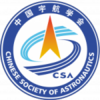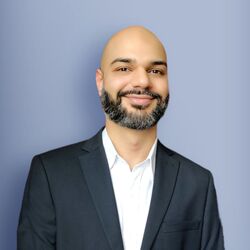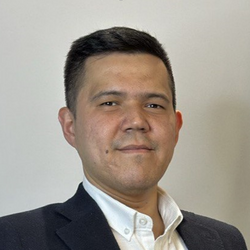Space Computing: Global Open Science and AI in Space
Day: Thursday 2 October
Time: 10:15 - 11:15 AEST
Location: Parkside 2
This event is jointly organized by the Chinese Society of Astronautics (CSA) and Zhejiang Lab, an entity member of the Society. On May 14, 2025, Zhejiang Lab and its partners successfully launched a group of 12 satellites aboard a Long March-2D carrier rocket. This mission marked the debut deployment of a space computing system, dubbed the "Three-Body Computing Constellation," designed to advance global open science and collaboration. The constellation is engineered to perform real-time data processing in orbit, overcoming the efficiency limitations of traditional satellite systems and accelerating the integration of artificial intelligence into space-based applications. The constellation serves as an open science platform, supporting global collaboration and the monitoring of key United Nations Sustainable Development Goals (SDGs).
This GNF will focus on the following topics:
(1) Share latest research advances and next-phase development plans;
(2) Call for expanded open science collaborations to participate the constellation initiative;
(3) Explore global space application use cases and best practices.
Sponsored by:

Moderator
Speakers

Hamid MEHMOOD
Scientific Affairs Officer (Head of UN-SPIDER Beijing Office), United Nations Office for Outer Space Affairs (UNOOSA)
China





